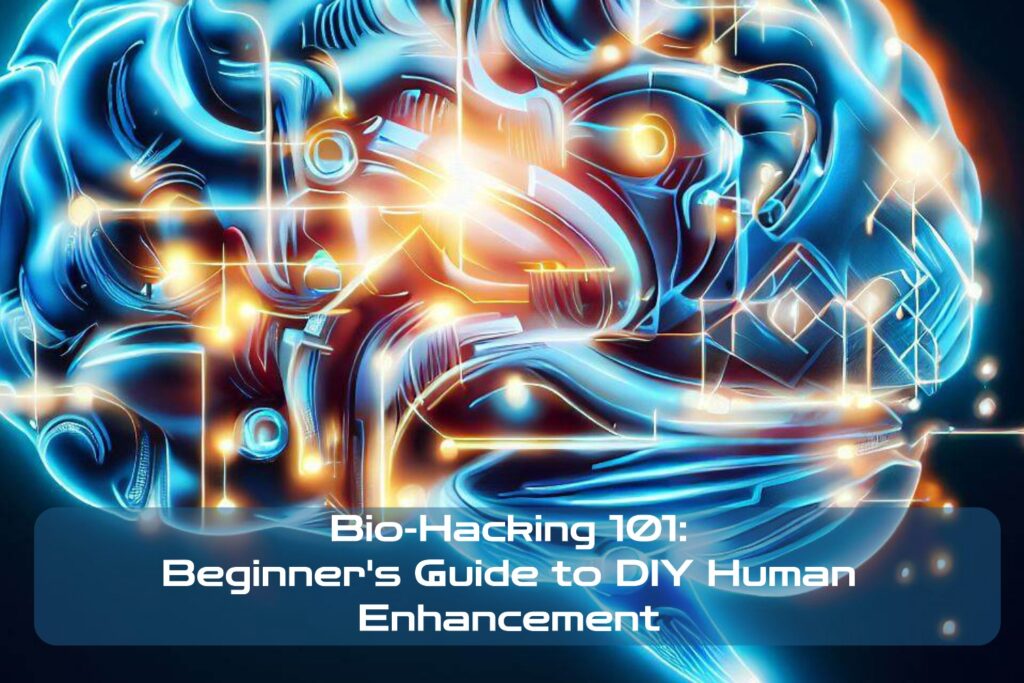Bio-hacking is an innovative and promising field that seeks to leverage the advancements in science and technology to enhance human performance and health. At its core, bio-hacking is all about “DIY biology” – the practice of manipulating the human body’s biological processes to achieve specific outcomes such as increased cognitive function, weight loss, or anti-aging. This article aims to provide an introduction to this fascinating topic, covering everything from the definition of bio-hacking to its relevance in today’s world.
Definition of Bio-Hacking
Bio-hacking encompasses a wide range of practices that seek to optimize various aspects of human health and performance. At its most basic level, bio-hacking involves taking control of your own biology through self-experimentation and applying your findings for personal improvement. For instance, you might use nutrition or exercise as tools for manipulating hormone levels or metabolism.
While some might view bio-hackers as individuals who seek shortcuts or quick fixes for solving problems like obesity or lack of focus, others see it as more significant than that. It can be considered a movement aimed at democratizing access to cutting-edge scientific research while also promoting individual autonomy concerning personal health choices.
Importance of Bio-Hacking in Today’s World
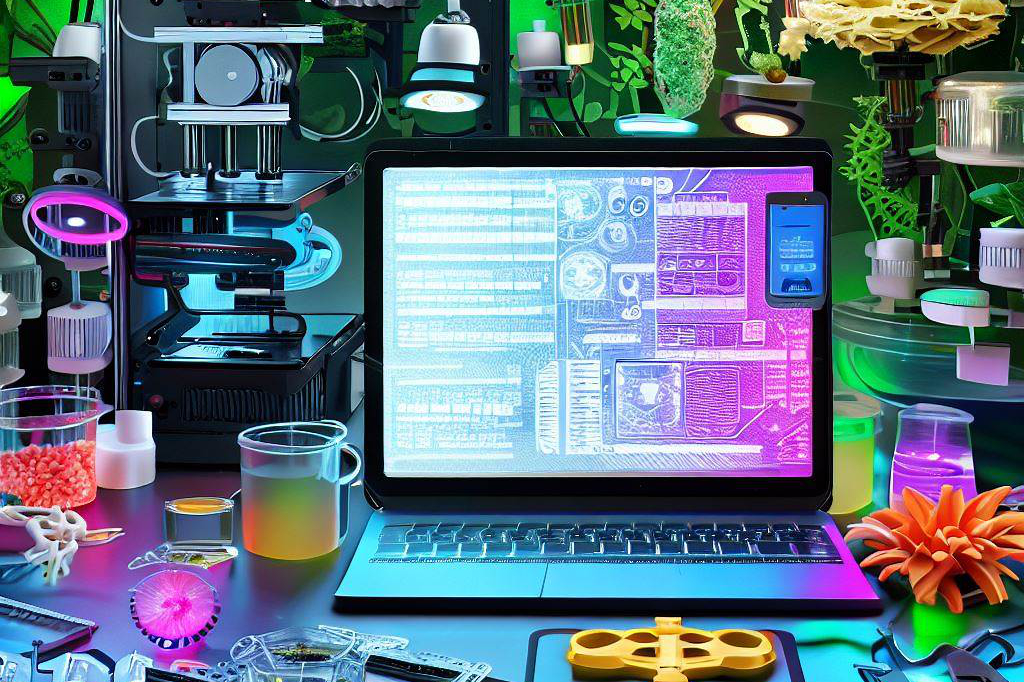
In today’s fast-paced world, where we are continually bombarded with different stressors ranging from work pressure to environmental factors such as pollution, many people are seeking ways to improve their physical and mental wellbeing. Biohacking has emerged as a way for individuals to take charge of their health by implementing personalized interventions tailored explicitly towards them.
Furthermore, advancements in technology have opened doors that were once impossible when it comes to healthcare; telemedicine has expanded accessibility during the pandemic by enabling remote consultations with healthcare providers across borders. Moreover, wearable technology offers accurate data on various bodily functions, allowing users a better understanding of their bodies, enabling the identification of potential issues before they become significant problems.
Overview of DIY Human Enhancement
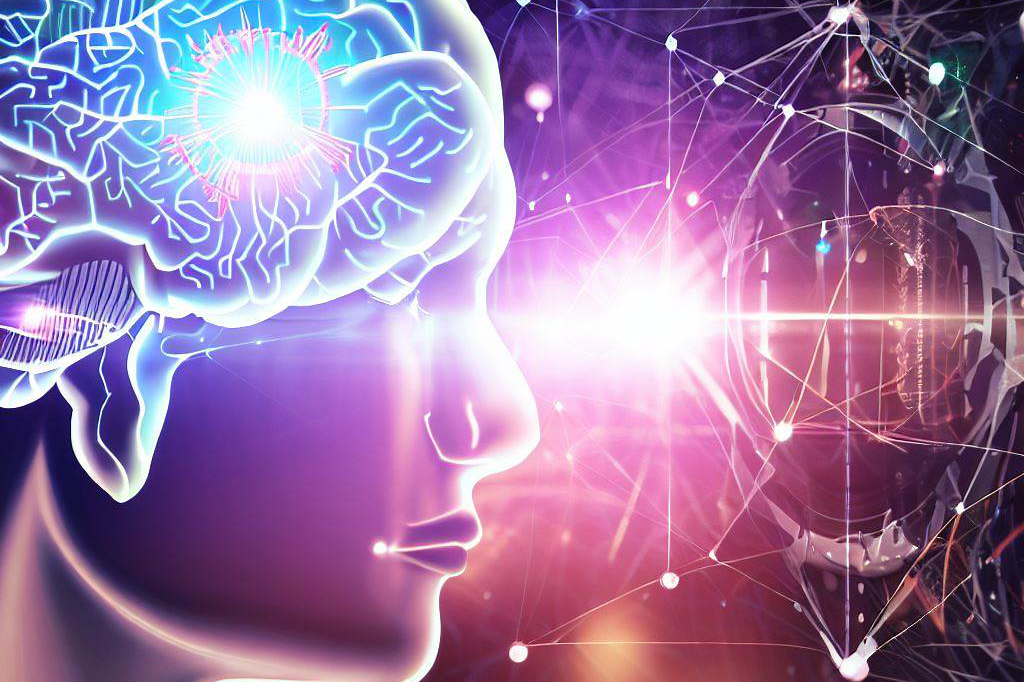
One of the most critical aspects of bio-hacking is the emphasis on DIY human enhancement. This means that individuals are empowered to take control over their health by leveraging knowledge and resources typically only available to professionals.
Some examples of DIY human enhancements include
- using nootropics or smart drugs for cognitive enhancement,
- nutritional hacks for physical performance,
- exercise hacks for optimal fitness,
- and sleep hacks for improved rest and recovery.
Bio-hacking offers a range of opportunities for people looking to improve various aspects of their lives, from better memory retention to increased endurance during workouts.
However, it also comes with risks that should be carefully considered when embarking on any bio-hacking journey. In the following sections of this article, we will explore in-depth everything you need to know about biohacks before you begin this exciting journey towards better health and performance.
The Science Behind Bio-Hacking
Understanding the Human Body and its Limitations

The human body is a complex machine capable of performing an array of functions. However, just like any other machine, the human body has its limits. Bio-hacking is rooted in the idea that these limits can be pushed through various means to improve our overall health and well-being.
To begin understanding bio-hacking, it is important to understand the limitations of our bodies. One such limitation is oxidative stress.
Oxidative stress occurs when there is an imbalance between free radicals and antioxidants in our bodies. This imbalance can lead to cellular damage, inflammation, aging, and various diseases.
By understanding this limitation, bio-hackers can use certain supplements or lifestyle changes to increase their antioxidant levels and reduce oxidative stress. Another common limitation that bio-hackers aim to overcome is fatigue.
Whether it be mental or physical fatigue, performance in either area can suffer when we reach our limits. By developing techniques or using supplements that aid in reducing fatigue levels, individuals are able to perform better without sacrificing their overall health.
The Role of Genetics in Human Enhancement
Genetics play a significant role in how we function as humans. From hair color to height, genetics determine many aspects of our physical appearance as well as certain behaviors and tendencies we possess. In terms of bio-hacking, genetics play a critical role in determining what strategies will work best for each individual.
Through genetic testing services like 23andMe or AncestryDNA, individuals are able to discover specific genes related to things like metabolism or cognitive function. Armed with this information, bio-hackers are able to customize their approach based on their unique genetic makeup rather than relying on generic strategies that may not yield the same results.
Exploring the Latest Research in Bio-Hacking
As technology continues to advance, so does the potential for bio-hacking. Researchers are constantly exploring new techniques and supplements to enhance human performance. One such area of research is in the field of nootropics, or smart drugs.
Nootropics are substances that improve cognitive function in healthy individuals. These can range from caffeine to more potent substances like modafinil.
While some nootropics have been shown to be effective in enhancing cognition, research is ongoing to determine their long-term effects and potential risks.
Another area of research focuses on exercise hacks for optimal fitness. While traditional exercise methods have been around for years, researchers are exploring the potential for high-intensity interval training (HIIT) as a way to improve overall fitness levels in less time than traditional methods.
Overall, while much is still unknown about bio-hacking, ongoing research and exploration hold promising potential for improving our physical and mental capabilities through DIY human enhancement strategies.
DIY Human Enhancement Techniques
Nootropics and Smart Drugs for Cognitive Enhancement
The use of nootropics and smart drugs is a growing trend among individuals seeking to enhance their cognitive abilities. Nootropics are natural or synthetic compounds that are designed to improve brain function, including memory, focus, and creativity. They work by increasing blood flow to the brain, boosting neurotransmitter production, and protecting neurons from damage.
One of the most popular nootropics is caffeine, which many people consume in coffee or tea. Another popular option is Modafinil, a prescription drug that has been shown to improve cognitive function in healthy adults.
Other natural options include
- ginkgo biloba,
- Bacopa monnieri,
- and ashwagandha.
However, it is important to note that not all nootropics are safe or effective for everyone.
Nutritional Hacks for Physical Performance
Nutrition plays a crucial role in physical performance and overall health. By following specific dietary guidelines and incorporating certain supplements into their diet regimen, individuals can optimize their physical performance and gain an edge over others.
One of the most important nutritional hacks for physical performance is ensuring adequate protein intake for muscle building and repair. Carbohydrates are also essential for energy production during exercise.
Additionally, supplements such as creatine can improve muscle strength and endurance. Other nutritional hacks include consuming foods rich in antioxidants like blueberries to reduce inflammation after exercise and omega-3 fatty acids found in fish oil to improve cardiovascular health.
Exercise Hacks for Optimal Fitness

Exercise is an essential component of any human enhancement program, as it helps promote overall health while improving specific aspects such as cardiovascular endurance or strength training. High-intensity interval training (HIIT) has become increasingly popular due to its ability to burn more calories in less time while also improving cardiovascular health.
Another effective exercise hack is resistance training, which helps boost muscle mass and improve overall strength.
Other exercise hacks include practicing yoga or meditation for stress reduction, incorporating plyometrics or explosive exercises to improve power and speed, and engaging in outdoor activities such as hiking or trail running for a change of scenery.
Sleep Hacks for Improved Rest and Recovery
Sleep is a crucial component of any human enhancement program. It is during sleep that the body repairs itself and consolidates memories. However, many individuals struggle with sleep issues such as insomnia or poor sleep quality.
One effective sleep hack is creating a routine around bedtime that includes winding down activities like reading or meditation to signal to the brain that it’s time for rest. Avoiding screens before bed can also improve sleep quality by reducing blue light exposure, which disrupts natural circadian rhythms.
Additionally, supplements such as melatonin can help regulate the sleep cycle, while magnesium can help calm nerves and promote relaxation. Other helpful tips include creating a comfortable sleeping environment with an optimal temperature and using white noise machines or earplugs to reduce environmental disturbances that may disrupt sleep patterns.
Risks and Benefits of Bio-Hacking
Potential Risks Associated with DIY Human Enhancement
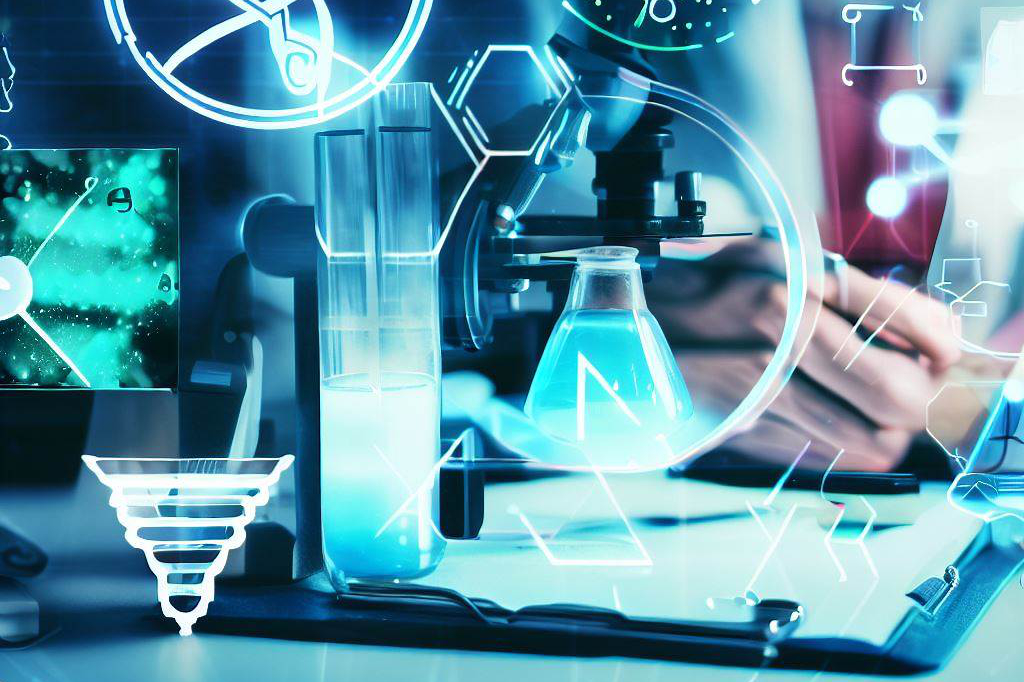
There are potential risks associated with any form of human enhancement, and bio-hacking is no exception.
One major risk of DIY human enhancement is the lack of regulation and oversight. Many substances used in bio-hacking are not FDA-approved, which means their safety and efficacy have not been thoroughly tested.
This leaves individuals experimenting with these substances vulnerable to adverse effects such as allergic reactions, organ damage, and even death. In addition, improper dosing or administration can also lead to serious health consequences.
Nootropics, for example, have been associated with liver toxicity when taken in excessive amounts or for extended periods. Similarly, misuse of performance-enhancing drugs can cause heart problems or muscle damage.
Another risk associated with bio-hacking is the potential for addiction. Many substances used in bio-hacking affect the brain’s reward system, leading to dependence and withdrawal symptoms when discontinued.
Benefits of Bio-Hacking on Health, Wellness, and Longevity

Despite the potential risks associated with DIY human enhancement, there are also many potential benefits to consider. One primary benefit is improved cognitive function through the use of nootropics or smart drugs. These substances may improve memory retention, mental clarity, and focus.
Bio-hacking may also improve physical performance through nutritional hacks such as high-protein diets or supplements like creatine that promote muscle growth and endurance. Exercise hacks like high-intensity interval training (HIIT) can also improve cardiovascular fitness and overall health.
Bio-hacking has been linked to improved longevity by reducing inflammation markers in the body through anti-aging supplements like nicotinamide riboside (NR). NR has been shown to slow down cellular aging by promoting healthy DNA repair mechanisms in cells.
Overall, while there are certainly risks associated with bio-hacking, the potential benefits cannot be ignored. With careful research, responsible dosing, and proper guidance from healthcare professionals, bio-hacking can be a safe and effective way to improve health and well-being.
Legal and Ethical Considerations
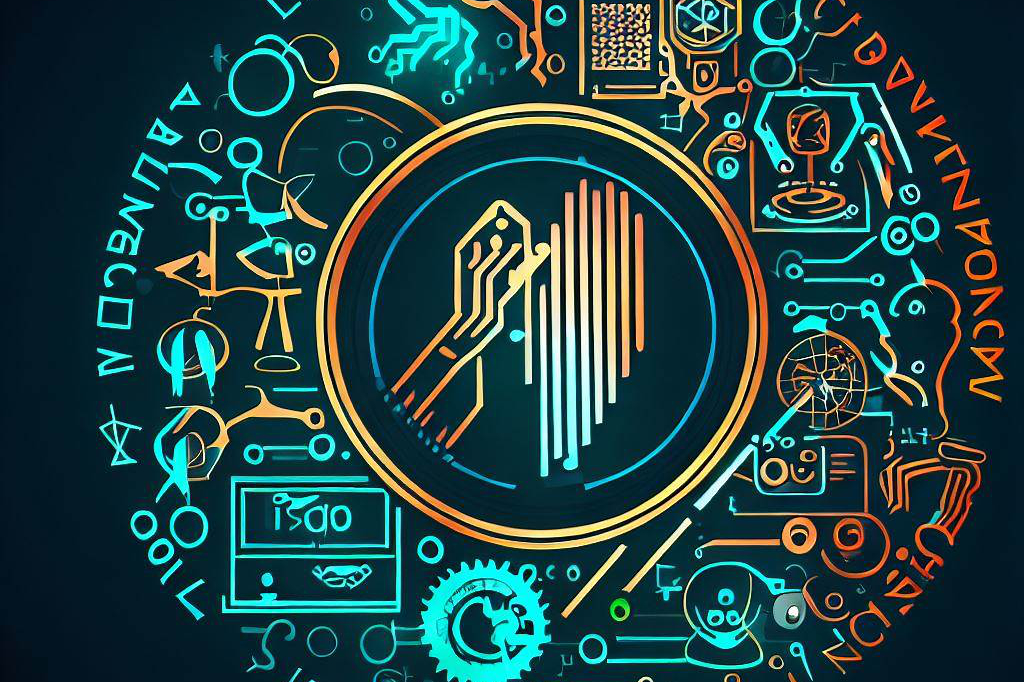
In recent years, bio-hacking has grown in popularity as people have become increasingly interested in DIY human enhancement. However, the legality of bio-hacking remains a grey area.
While some forms of bio-hacking, such as taking nootropics or using wearable technology to track physical performance, are legal, others may be considered illegal or unethical. For example, injecting oneself with experimental drugs or gene-editing techniques without proper regulation or oversight could lead to serious health risks and potential legal repercussions.
Legal Issues Surrounding DIY Human Enhancement
One significant legal issue surrounding DIY human enhancement is the lack of regulatory oversight from government agencies such as the Food and Drug Administration (FDA) in the United States.
Many bio-hackers rely on online sources for information about supplements and other enhancement products that are not approved by the FDA. This lack of regulation poses serious safety risks for individuals who may be unaware of potential side effects or long-term health consequences.
Additionally, some forms of DIY human enhancement could violate laws related to drug use and distribution, depending on where the individual lives. The legality of certain substances can vary from state to state or country to country, making it difficult for individuals to know whether they are breaking any laws when attempting to enhance their own body.
Ethical Implications of Enhancing the Human Body
While there are many potential benefits associated with bio-hacking and DIY human enhancement, there are also ethical considerations that must be taken into account.
One major ethical concern is whether enhancing one’s own body gives them an unfair advantage over those who choose not to engage in such practices. For example, if someone takes cognitive-enhancing drugs before an exam while others do not, does this give them an unfair advantage?
There is also concern about exacerbating existing social inequalities through access to resources necessary for effective bio-hacking – supplements are expensive – which could ultimately result in disparities between individuals who have the means to enhance their own body and those who do not. Moreover, there is concern that DIY human enhancement may become a “requirement” in certain professional fields where the pressure to perform at peak levels is high, putting pressure on individuals to engage in practices that may be harmful or illegal.
The legal and ethical considerations of bio-hacking and DIY human enhancement are complex topics that require careful consideration. While some forms of bio-hacking are legal and safe, others can be risky or even illegal.
It’s essential for individuals to understand the potential risks and benefits associated with these practices before engaging in any form of DIY human enhancement. As society continues to grapple with these issues, it will be important for policymakers and citizens alike to work together to ensure that these technologies are used safely and ethically in pursuit of better health and well-being.
Future Outlook on Bio-Hacking
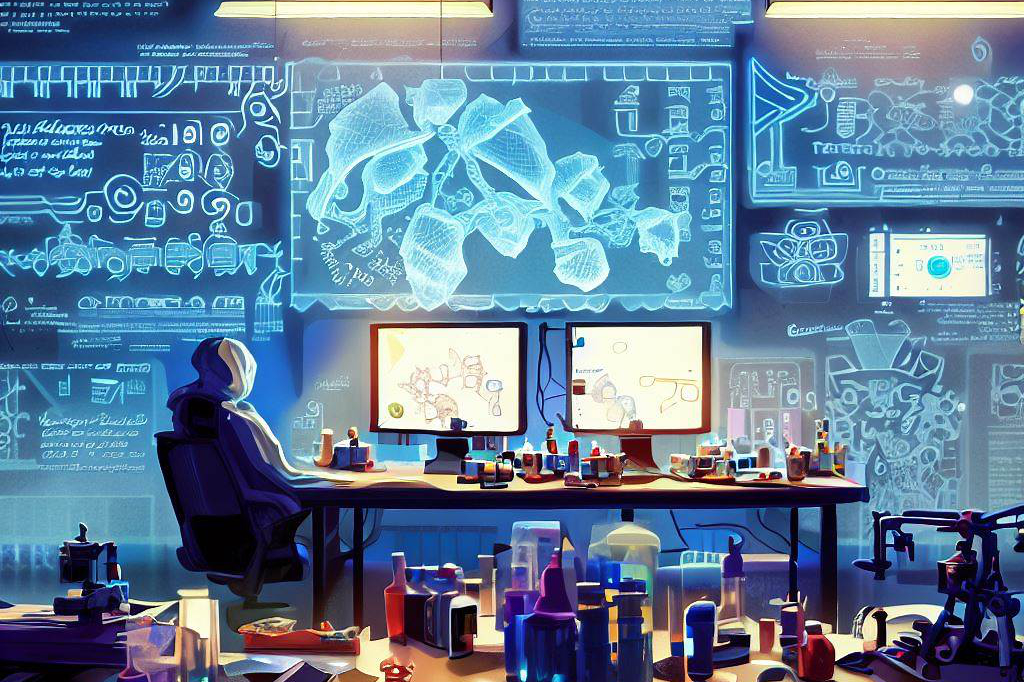
As technology continues to advance at an exponential rate alongside scientific discoveries related to genetics and biotechnology alike; it’s only natural that new possibilities will emerge within bio-hacking which may redefine what is considered “normal” or “healthy.” However, despite these advances in science and technology; we must always remember that there are ethical considerations that should guide our actions towards responsible and safe bio-hacking practices. Overall, the future of bio-hacking looks bright, with the potential to unlock new levels of human performance and longevity.
However, it is important to approach these practices with caution and responsibility while keeping ethical considerations in mind. The more we learn about our own bodies and their capabilities, the better equipped we will be to make informed decisions about our own health and well-being.
FAQ: A Beginner’s Guide to Bio-Hacking for DIY Human Enhancement
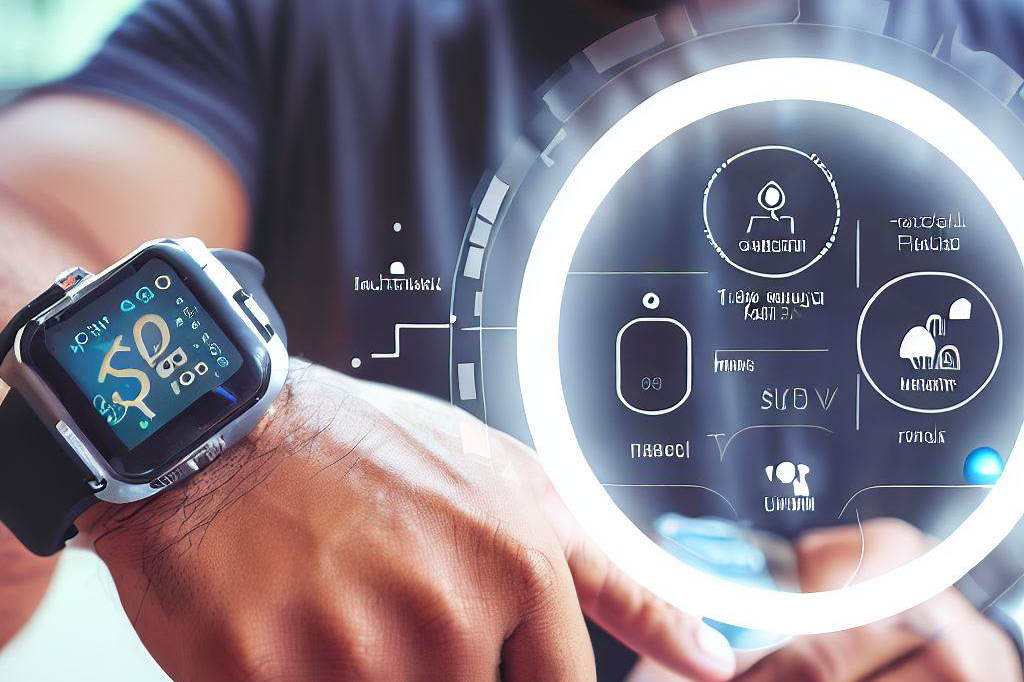
1. What is bio-hacking?
– Bio-hacking is the practice of using technology, science, and lifestyle modifications to enhance human performance and improve overall well-being. It involves experimenting with various techniques and tools to optimize physical and cognitive abilities.
2. How can bio-hacking benefit individuals?
– Bio-hacking offers several potential benefits to individuals. It can enhance cognitive function, improve sleep quality, boost energy levels, increase productivity, optimize physical fitness, and promote overall health and well-being. By taking a proactive approach to self-improvement, individuals can achieve their full potential and lead more fulfilling lives.
3. Are there any risks associated with bio-hacking?
– While bio-hacking can provide significant benefits, it’s essential to approach it with caution and responsibility. Some techniques may carry risks if not properly understood or executed. For example, experimenting with certain substances or procedures without proper guidance can lead to adverse effects. It is important to consult with qualified professionals and conduct thorough research before attempting any bio-hacking practices.
4. What are some common bio-hacking techniques?
– Bio-hacking encompasses a wide range of techniques. Some common practices include optimizing nutrition by following specific diets, implementing targeted exercise routines, using wearable technology to track health metrics, practicing meditation and mindfulness, utilizing smart supplementation, and engaging in cold exposure or heat therapy. These techniques can be tailored to individual preferences and goals.
5. Can anyone engage in bio-hacking, or is it limited to certain individuals?
– Bio-hacking is accessible to anyone interested in self-improvement and personal optimization. It is not limited to a specific group of individuals but rather focuses on the idea that everyone can enhance their performance and well-being. Whether you are a student, professional, athlete, or simply someone seeking to improve your health, bio-hacking techniques can be customized to suit your needs and lifestyle.
6. How can I get started with bio-hacking?
– Getting started with bio-hacking begins with understanding your goals and priorities. Start by educating yourself about the various bio-hacking techniques and their potential benefits. It is crucial to establish a baseline by assessing your current health and performance levels. From there, you can gradually introduce bio-hacking practices into your routine. Consider consulting with a qualified healthcare professional or a bio-hacking expert who can provide guidance and personalized recommendations.
7. Is bio-hacking supported by scientific research?
– The field of bio-hacking is relatively new, and scientific research is continually evolving. While some bio-hacking practices are backed by scientific evidence, others may have limited research supporting their efficacy. It is important to critically evaluate the available scientific literature and be cautious of unsubstantiated claims. Keeping up with reputable sources and staying informed about the latest research can help you make informed decisions regarding bio-hacking practices.
8. Can bio-hacking replace traditional healthcare practices?
– Bio-hacking is not intended to replace traditional healthcare practices but rather complement them. It is essential to continue receiving routine medical care, follow recommended guidelines, and consult with healthcare professionals for specific health concerns. Bio-hacking can be seen as a proactive and holistic approach to personal well-being, working in conjunction with traditional healthcare to optimize one’s physical and cognitive abilities.
9. Are there any legal or ethical considerations related to bio-hacking?
– As with any emerging field, bio-hacking presents legal and ethical considerations. Some practices may fall into a regulatory gray area or be subject to specific regulations depending on your location. It is important to be aware of and comply with local laws and regulations regarding bio-hacking techniques. Additionally, ethical considerations such as informed consent, privacy, and the responsible use of technology should be taken into account when engaging in bio-hacking practices.
10. How can I stay informed about the latest developments in bio-hacking?
– To stay informed about the latest developments in bio-hacking, you can follow reputable blogs, websites, and social media accounts dedicated to the subject. Joining online communities and attending conferences or workshops related to bio-hacking can also provide valuable insights and opportunities for knowledge-sharing. Engaging with experts in the field and participating in discussions can help you stay up-to-date with the rapidly evolving world of bio-hacking.
Remember, bio-hacking is a personal journey, and it is important to prioritize safety, scientific validity, and individual well-being when exploring and implementing bio-hacking techniques.
TL;DR

– 💡 Bio-hacking involves using technology, science, and lifestyle modifications to enhance human performance and well-being.
– 🌟 It offers potential benefits such as improved cognitive function, better sleep quality, increased energy levels, enhanced productivity, optimized physical fitness, and overall health improvement.
– ⚠️ While bio-hacking can be beneficial, it should be approached with caution and responsibility, as certain techniques may carry risks if not properly understood or executed.
– 📚 Common bio-hacking techniques include optimizing nutrition, targeted exercise routines, wearable technology for health tracking, meditation and mindfulness, smart supplementation, and cold exposure or heat therapy.
– 🌍 Bio-hacking is accessible to anyone interested in self-improvement and personal optimization, regardless of their background or profession.
– 🏁 Getting started with bio-hacking involves understanding your goals, educating yourself about different techniques, assessing your current health and performance levels, and seeking guidance from healthcare professionals or bio-hacking experts.
– 🔬 The scientific research supporting bio-hacking is still evolving, and it’s important to critically evaluate the available literature and stay informed about the latest findings.
– 🏥 Bio-hacking should not replace traditional healthcare practices but should be seen as a complementary approach to optimize one’s abilities and well-being.
– ⚖️ Legal and ethical considerations, including compliance with regulations and responsible use of technology, should be taken into account when engaging in bio-hacking practices.
– 📰 Staying informed about the latest developments in bio-hacking can be done by following reputable sources, joining online communities, attending conferences or workshops, and engaging with experts in the field.

C M, a seasoned editor, journalist, and consultant, is deeply fascinated by the convergence of technology, space, and the future of humanity.
With a particular interest in transhumanism, futurology, and the philosophical and ethical dimensions of these domains, C M serves as the lead contributor to TranscendSphere and SpaceSpotlight.
When not penning insightful articles on these rapidly evolving fields, C M indulges in their love for podcasts and books, proudly embracing their status as a ‘Happy Nerd Extraordinaire!’

